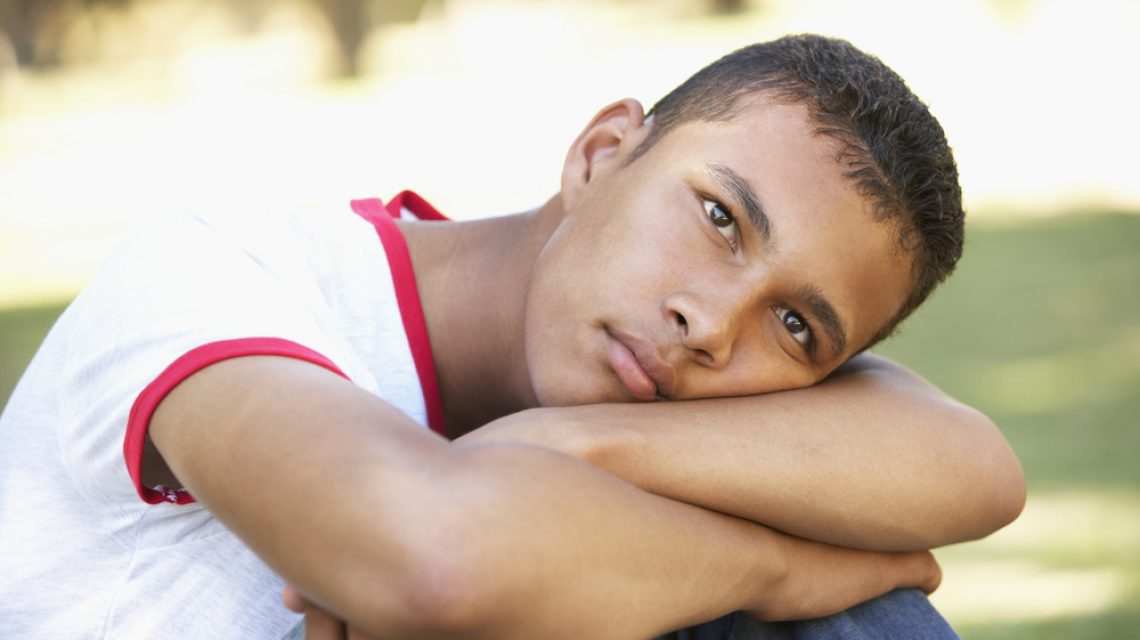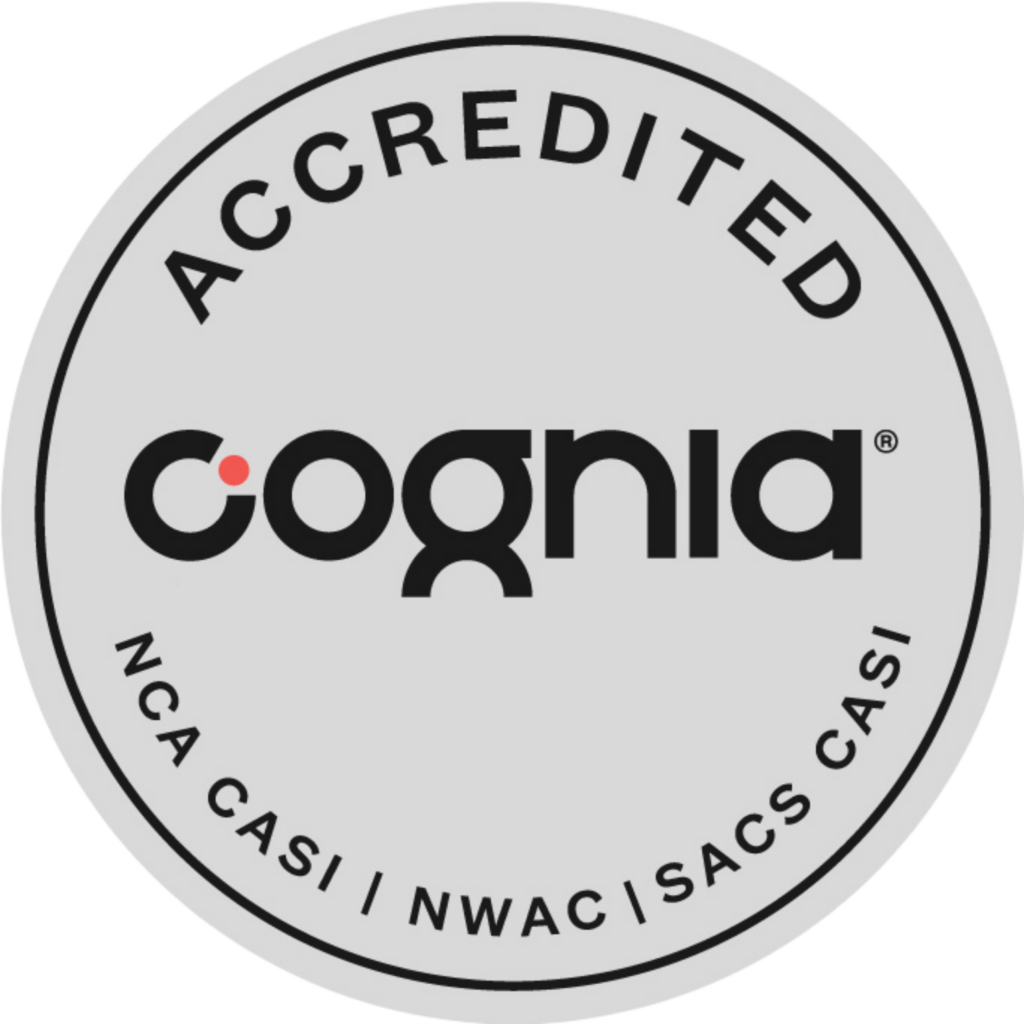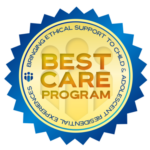Adolescent and young adult mental health challenges are a growing public health concern. Teen suicide rates among young people have increased over the past decade, reaching the level of a nationwide crisis. This National Suicide Prevention Month, what should you know about this problem, and how can you keep your teen son safe?
Teenage Suicide Statistics
In a nationwide survey, 36.7% of high school students described feeling sad or hopeless in the past year. The same study also found that 18.8% of high school students considered suicide and 8.9% attempted to take their lives. This percentage is higher for students of color and those in the LGBTQ+ community, who bear a disproportionate burden of discrimination and hate crimes.
You might have trouble imagining why a young man with a bright future might wish to end his life. Sadly, “deaths of despair” have increased in the U.S., worsened by the stressors associated with the COVID-19 pandemic. Challenges such as social isolation and the need to adapt to a changed world have proven to be an overwhelming burden for many people.
Because the rational, decision-making part of his brain isn’t fully developed, your son may have poor impulse control. For a teenager with a tendency toward reckless behavior, attempting suicide may seem like the only available solution.
The Link Between Teen Suicide, Mental Illness and Substance Abuse
Many adolescents who wish to escape the world through teen suicide are struggling with a mental illness such as depression. They often use alcohol and drugs to find temporary relief from their emotional turmoil, which will only make their mental health worse in the long run.
Everyone who contemplates suicide arrives at that conclusion for different reasons. Some people may display red flags of suicidal ideation for a long time, while others could outwardly seem to be happy and well-adjusted. On the other side of the coin, many teens who appear depressed or hopeless never succumb to suicide.
The most common warning signs of suicide include:
- Talking about death
- Feelings of being stuck or trapped
- Acting agitated or anxious
- Reckless behavior
- Withdrawing from friends and family
- Avoiding social situations
- Losing interest in hobbies or other enjoyable activities
- Insomnia
- Drinking and drug use
- Extreme mood swings
- Despair
- Sudden decline in academic performance
Holistic Healing for Your Family
If your son’s behavior and outlook on life have changed dramatically, don’t brush it off as teen angst. These differences may be signs of a mental health condition, which can also be a significant risk factor for substance abuse and thoughts of teen suicide. At ARCH Academy, we work to transform lives, giving hope and healing to teens and families dealing with these issues.
With our unique combination of academics, adventure therapy and a 12-step addiction program, our team offers a holistic approach specifically designed for the unique needs of adolescent males. To learn more about how we can help your son and family achieve better health and prevent teen suicide, please reach out to us today.





